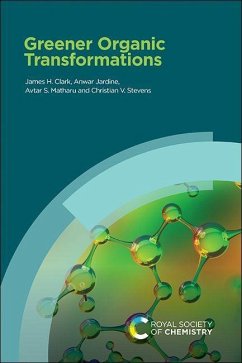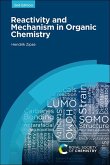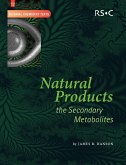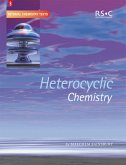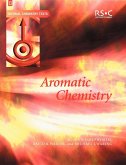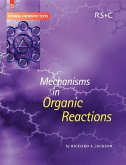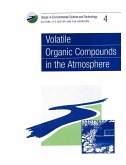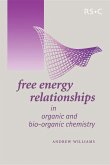Green chemistry has progressed from being a driver for change in the chemical and allied industries to being a critical part of chemical education at all levels. The future chemist must be able to practice their trade in the light of increasing concerns about waste and resources, the safety of chemicals in consumer products, and increasingly restrictive legislation. While there are green chemistry educational resources available including lectures and experiments as well as numerous books on green chemistry and major green chemical technologies, there is no "green equivalent" of a standard organic chemistry textbook Systematically covering a variety of well-known reactions that commonly feature in standard organic textbooks this book supplements and supports the standard organic chemistry texts. It highlights the main sustainability issues of classical and contemporary organic transformations and critically evaluates them within a metric of established Green Chemistry Principles noting where additional efforts are needed to improve their environmental footprint. Written by a team of expert authors with a multinational advisory board, this book is a fantastic resource for advanced undergraduate and postgraduate students worldwide.
Hinweis: Dieser Artikel kann nur an eine deutsche Lieferadresse ausgeliefert werden.
Hinweis: Dieser Artikel kann nur an eine deutsche Lieferadresse ausgeliefert werden.

